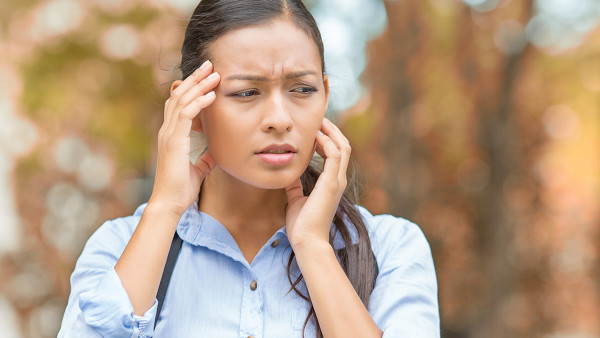How to Treat Ear Discharge in Patients with Otitis Media

Otitis media (OM) is a common childhood infection that causes inflammation and fluid buildup in the middle ear. Ear discharge is a common symptom of OM, and it can be a sign of a bacterial or viral infection.
Types of Ear Discharge
There are two main types of ear discharge:
Serous: Clear, watery fluid
Purulent: Yellow or green fluid, often thick and foul-smelling
Causes of Ear Discharge
Ear discharge in patients with OM can be caused by:
Bacterial infection: The most common cause of ear discharge in children is a bacterial infection, such as Streptococcus pneumoniae or Haemophilus influenzae.
Viral infection: Less commonly, ear discharge can be caused by a viral infection, such as the common cold or flu.
Allergic reaction: In some cases, ear discharge can be caused by an allergic reaction to something in the environment, such as pollen or dust mites.
Symptoms of Ear Discharge
In addition to ear discharge, other symptoms of OM can include:
Ear pain
Fever
Irritability
Difficulty sleeping
Hearing loss
Treatment of Ear Discharge
The treatment for ear discharge in patients with OM depends on the underlying cause.
Bacterial Infection
If the ear discharge is caused by a bacterial infection, your doctor will prescribe antibiotics. Antibiotics are effective in treating bacterial infections and preventing complications.
Viral Infection
If the ear discharge is caused by a viral infection, there is no specific treatment. Viral infections usually resolve on their own within a few days. However, your doctor may recommend pain relievers or decongestants to relieve your symptoms.
Allergic Reaction
If the ear discharge is caused by an allergic reaction, your doctor will recommend avoiding the allergen and taking antihistamines to relieve your symptoms.
Complications of Ear Discharge
In most cases, ear discharge in patients with OM is not serious and does not cause any complications. However, in some cases, ear discharge can lead to complications, such as:
Mastoiditis: This is a serious infection of the mastoid bone, which is located behind the ear.
Meningitis: This is a serious infection of the membranes that cover the brain and spinal cord.
Hearing loss: In some cases, ear discharge can cause permanent hearing loss.
Prevention of Ear Discharge
There are several things you can do to prevent ear discharge in patients with OM, including:
Vaccinations: Getting vaccinated against Streptococcus pneumoniae and Haemophilus influenzae can help to prevent these bacteria from causing OM.
Handwashing: Washing your hands frequently can help to prevent the spread of bacteria and viruses.
Avoiding secondhand smoke: Secondhand smoke can irritate the Eustachian tubes and make them more likely to become blocked.
Using a humidifier: Using a humidifier can help to keep the air moist and prevent the Eustachian tubes from becoming blocked.
When to See a Doctor
You should see a doctor if your child has ear discharge that is:
Bloody or foul-smelling
Accompanied by a fever
Accompanied by ear pain
Lasting for more than a few days
Outlook
The outlook for patients with ear discharge in OM is generally good. Most cases of OM resolve on their own within a few weeks. However, in some cases, ear discharge can lead to complications. It is important to see a doctor if your child has ear discharge that is not improving or is accompanied by other symptoms, such as fever or ear pain.
The above is all the content that the editor wants to share with you. I sincerely hope that these contents can bring some help to your life and health, and I also wish that your life will be happier and happier.
Tags: #ear #discharge #treat










